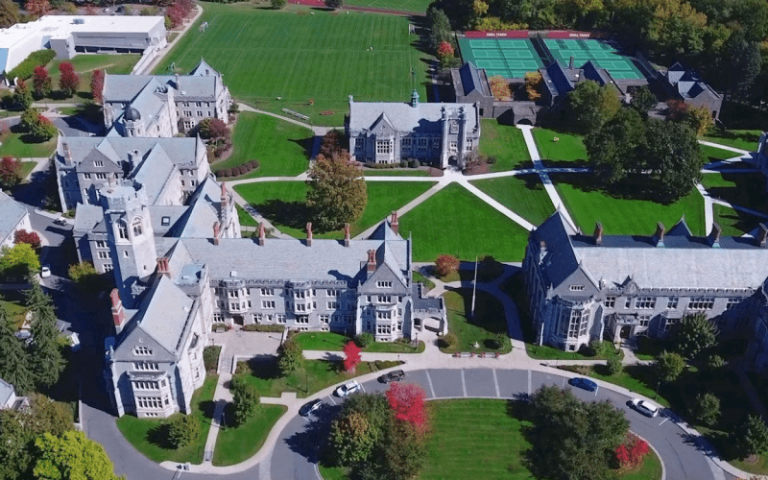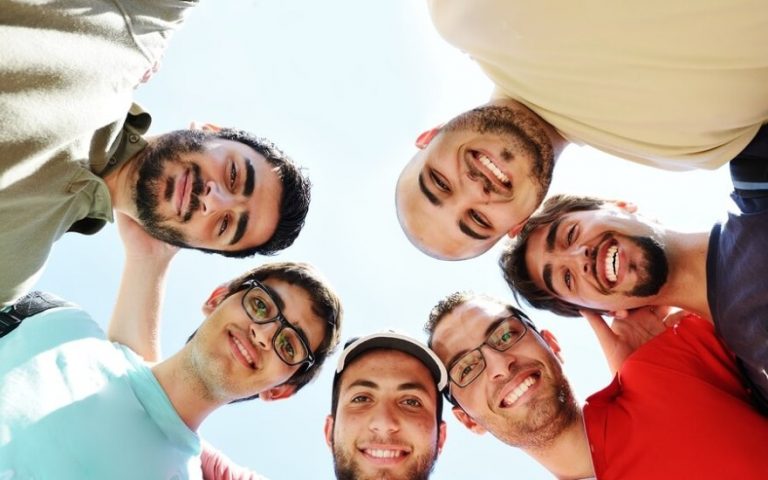Nelson Mandela University Opens Vaccination Site – A Detailed Guide
In a significant step towards promoting public health and the safety of its students and staff, Nelson Mandela University (NMU) has opened a vaccination site on campus. This initiative is part of the ongoing efforts by educational institutions across South Africa to support the national vaccination drive and ensure that students, staff, and surrounding communities are protected against COVID-19.
As the world continues to navigate the challenges posed by the pandemic, universities like NMU are playing a pivotal role in offering accessible healthcare options to their communities. If you’re part of the NMU family or planning to join the institution in the near future, here’s everything you need to know about the university’s newly established vaccination site.
1. Why Did Nelson Mandela University Open a Vaccination Site?
The primary goal of establishing a vaccination site at NMU is to increase access to COVID-19 vaccines for students, staff, and faculty members. As the COVID-19 pandemic continues to impact people worldwide, vaccination is one of the most effective ways to protect individuals and communities against the virus.
Key Objectives of the Vaccination Site:
- Promote Public Health: With COVID-19 variants still emerging, ensuring a high vaccination rate within the university community helps to reduce transmission and safeguard everyone’s health.
- Convenience for Students and Staff: The on-campus vaccination site makes it easier for individuals to get vaccinated without needing to visit external clinics or health centers, which may be far or difficult to access.
- Support the National Vaccination Campaign: By providing vaccines directly to its community, NMU contributes to South Africa’s overall goal of achieving herd immunity and preventing future outbreaks.
2. Who Can Get Vaccinated at the NMU Vaccination Site?
The NMU vaccination site is available to all students, staff, and faculty members of Nelson Mandela University who meet the eligibility criteria for COVID-19 vaccination.
Eligibility Criteria:
- Students: All registered students at NMU are eligible for vaccination at the site, regardless of whether they live on or off-campus.
- Staff and Faculty: All employees of the university, including academic and administrative staff, are invited to get vaccinated.
- Age Restrictions: As per national guidelines, the vaccination site follows the South African government’s vaccination schedule. Initially, adults aged 18 years and older are eligible for the vaccine.
- Visitors: Depending on the specific guidelines set by NMU, visitors to the campus may also be able to access the vaccination site, though priority is generally given to the university community.
3. How to Get Vaccinated at the NMU Vaccination Site
Getting vaccinated at NMU’s dedicated site is a straightforward process, designed to ensure efficiency and minimize waiting times for everyone involved.
Step-by-Step Guide:
- Pre-Registration: Before visiting the vaccination site, students and staff are encouraged to register online through the official NMU website or the South African vaccination portal. Pre-registration helps speed up the process and ensures that enough vaccines are available.
- Walk-in Option: In addition to online pre-registration, the vaccination site may allow walk-ins during operating hours. However, pre-registration is still recommended to avoid long waiting times.
- Visit the Vaccination Site: Once registered, you can visit the vaccination site on campus. Follow all campus protocols, including wearing a mask and adhering to social distancing guidelines.
- Receive Your Vaccine: A qualified healthcare professional will administer the vaccine. Most vaccines require two doses, so be sure to return for your second dose when the time comes (usually after a few weeks, depending on the vaccine).
- Post-Vaccination Observation: After receiving the vaccine, you will be asked to remain in the observation area for about 15-30 minutes to monitor for any immediate allergic reactions or side effects.
4. Vaccination Types Offered at NMU
The vaccination site at NMU offers a range of vaccines approved by the South African Health Products Regulatory Authority (SAHPRA). This includes vaccines that are part of the national vaccination program, such as:
- Johnson & Johnson (Janssen) Vaccine: A single-dose vaccine that has been widely used in South Africa.
- Pfizer-BioNTech Vaccine: This two-dose vaccine is also available and has been widely distributed around the world.
Both vaccines are highly effective in preventing severe illness, hospitalization, and death from COVID-19. The choice of vaccine may depend on availability at the time of your visit to the site.
5. Benefits of Getting Vaccinated at NMU’s Site
There are several advantages to choosing the NMU vaccination site over other vaccination options:
Convenience and Accessibility:
- The site is located on campus, making it easily accessible for students, staff, and faculty members. For students living on or near campus, this makes getting vaccinated much more convenient.
Expert Care:
- The vaccinations are administered by healthcare professionals, ensuring that the process is safe and efficient.
Reduced Risk of COVID-19:
- Getting vaccinated helps protect you and those around you. It also supports the university’s broader efforts to prevent COVID-19 outbreaks on campus.
Health and Safety Protocols:
- NMU adheres to strict health and safety protocols to ensure that everyone visiting the site is protected from the virus, including wearing masks, ensuring social distancing, and sanitizing hands regularly.
6. When is the Vaccination Site Open?
The vaccination site at Nelson Mandela University is operational during specific hours, and the university has set up convenient schedules to accommodate students and staff. The exact hours and dates may vary, but generally, the site operates during:
- Weekdays: Monday to Friday
- Operating Hours: Typically from 9 AM to 4 PM (check with the university for any changes to the schedule).
It’s advisable to confirm the current operating hours via the official NMU website or through university communications, as they may be adjusted based on vaccine availability or other logistical considerations.
7. What Should You Bring When You Get Vaccinated?
Before heading to the vaccination site, make sure you have the following documents with you:
- Valid Student or Staff ID: This confirms your status at the university.
- Proof of Registration: Bring either an email or a printout confirming your registration for vaccination, especially if you pre-registered online.
- Proof of Identification: A South African ID card or passport is typically required for identification purposes.
- Mask: Face masks are mandatory when entering any public spaces on the campus.
8. Important Considerations After Vaccination
While the majority of people experience mild side effects from the vaccine, such as fatigue or mild pain at the injection site, it’s important to be aware of potential side effects and how to manage them:
- Common Side Effects: Fatigue, headache, pain or swelling at the injection site, fever, and chills.
- Serious Reactions: Although rare, some individuals may experience allergic reactions to the vaccine. If you notice any severe symptoms, seek medical help immediately.
- Second Dose: If you received a two-dose vaccine (like Pfizer), make sure to return for your second dose as per the scheduled date to ensure maximum protection.
9. Why is It Important for Students and Staff to Get Vaccinated?
Getting vaccinated against COVID-19 is essential for the health and safety of the entire university community. As a student or staff member at Nelson Mandela University, getting vaccinated not only helps protect yourself but also helps protect your peers, faculty, and the broader community.
Key Reasons to Get Vaccinated:
- Reduce the Spread of COVID-19: Vaccination lowers the likelihood of virus transmission among students, staff, and the community at large.
- Protect the Vulnerable: Many students and staff members may have underlying health conditions, and vaccinating yourself helps protect those who are at higher risk.
- Return to Normalcy: High vaccination rates on campus are essential for the university to return to normal operations, including in-person classes, events, and extracurricular activities.
- National Health Goals: By getting vaccinated, you contribute to the country’s goal of achieving herd immunity, which is essential for managing and eventually overcoming the pandemic.
The COVID-19 vaccination site at Nelson Mandela University is an important initiative aimed at protecting students, staff, and the broader community from the virus. By providing easy access to vaccines on campus, the university ensures that everyone has the opportunity to get vaccinated and contribute to a safer, healthier academic environment.
If you are part of the NMU community and have not yet been vaccinated, consider visiting the vaccination site today. Remember to check the university’s website or other official communication channels for updates on operating hours, pre-registration, and other important details.
Let’s all do our part in stopping the spread of COVID-19, protecting our loved ones, and helping to ensure that educational institutions remain safe places for learning and growth.




